Does expectation limit or change possibilities? In expectation, our minds jump to the future and miss the moment. We expect one thing and are offered another. Are we open to surprises and serendipity or are we chasing illusions of a future wrapped in the past?
For some, expectation is a possibility and/or faith that a better day is coming. But what if this moment is the only moment where possibilities come alive? How do we learn to accept life as it is, unveiled, unencumbered, free to be exactly what it is?
On a Sunday morning at 11:00 AM Eastern time, a group met on zoom to dialogue together. The sharing of thoughts crossed cultural, native language, and international lines giving a moment of commonality among us all as each gave a view that enlarged understanding. What to expect from eDialogue? That you will be heard and included. The conversation of that day follows. Twenty participants from Bolivia, Colombia, Argentina, Brazil, Copenhagen, Costa Rica, Canada, New York, DC, LA, St. Louis, West Virginia, Texas, and Ohio.

What are my thoughts?
Sandra, DC
A sign I saw made me ask, “What would we do ‘if you were not afraid to fail?'” So perhaps the expectation of failure or fear itself, limits us.
Lucille, New York
An expectation can be a demand. It’s good for me to look at my reaction. How do I react when things don’t work out? Do I spend every day suffering because of expectations? Or do I look at the possibilities of letting go or looking inwardly at why I feel this way?
Kosta, Brazil
My expectation when I toss a coin does not change the possibility. But my expectation for my health, I think, changes possibilities. It’s like the placebo effect. So, if I believe I will be well, I increase the chance of being well.
Arun, Copenhagen
That puts expectations in the realm of being good, harmful, or having no effects. When leaders communicate their belief in the people working for them, the workers do better. And it’s certainly true of teaching. A well-known experiment of elementary students advancing a grade level had report cards changed for the new teachers. Some kids who weren’t doing well became, “This kid has a lot of potential and will do well.” And for others they wrote, “These kids are mediocre.” And guess what? The kids suggested as being mediocre became mediocre, and the kids that were supposed to be good became good.
I’ve experienced as a grad student when you work at something thinking you have no chance, you end up doing much better. So maybe expectations are good and useful in some contexts and less in others. They can certainly hinder friendships or relationships.
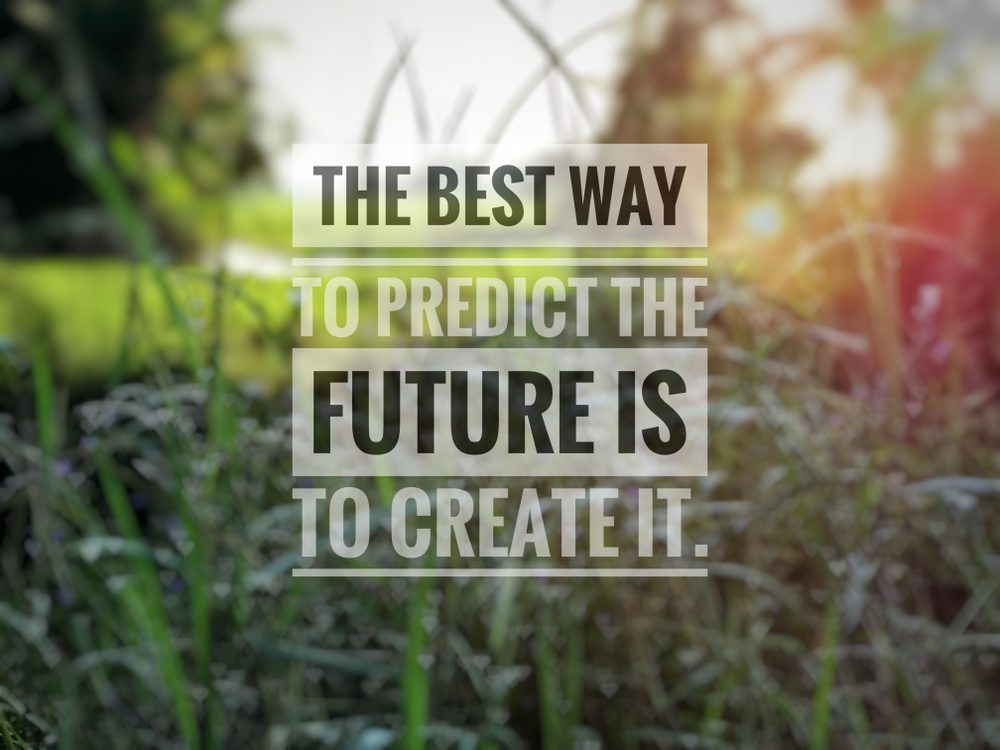
An expectation is just a thought. I must do something about it.
Carolyn, Toronto
Arun’s remark makes me think I can have an expectation, but I must do something to make it come true. I mean, an expectation is just a thought. I must do something about it.
Sandra, DC
An expectation is about something you’re going to do, or that is happening. It’d be much more limiting when it’s about yourself. Sometimes you limit yourself because you think you’re not going to do as well as you could. So maybe when you reach that, “It’s just good enough.” You stop.
I agree with Arun that it can also limit relationships. If you meet somebody and expect you can’t become very good friends, maybe you won’t try. Because at the first stumbling block., you’ll think, “Oh, that’s what I thought.” So, you stop trying.
I like Arun’s point about expectations with kids. We perpetuate these expectations, like report cards. I’m sure it’s particularly true for children believing in themselves.
Bill, New York
I think there are expectations, and then there’s faith. Arun described a group of students having faith that they could succeed. I have expectations all the time. It’s good to recognize expectations because expecting a particular outcome often leads to frustration. I also expect an outcome from experience. But past experiences are not identical to the present. There are different possibilities I haven’t considered.
I think it’s good when one expands that way. It’s good to realize an expectation and then let it go. And you say, “Oh, okay, maybe this other thing can also happen.”
Steve, St. Louis
Yeah, to follow up on what Bill said. So, when I have an expectation, and something happens, I compare what happened to my expectation. And Theodore Roosevelt said, “Comparison is the thief of joy.” Somehow, to let that go and not compare creates awareness at the moment.
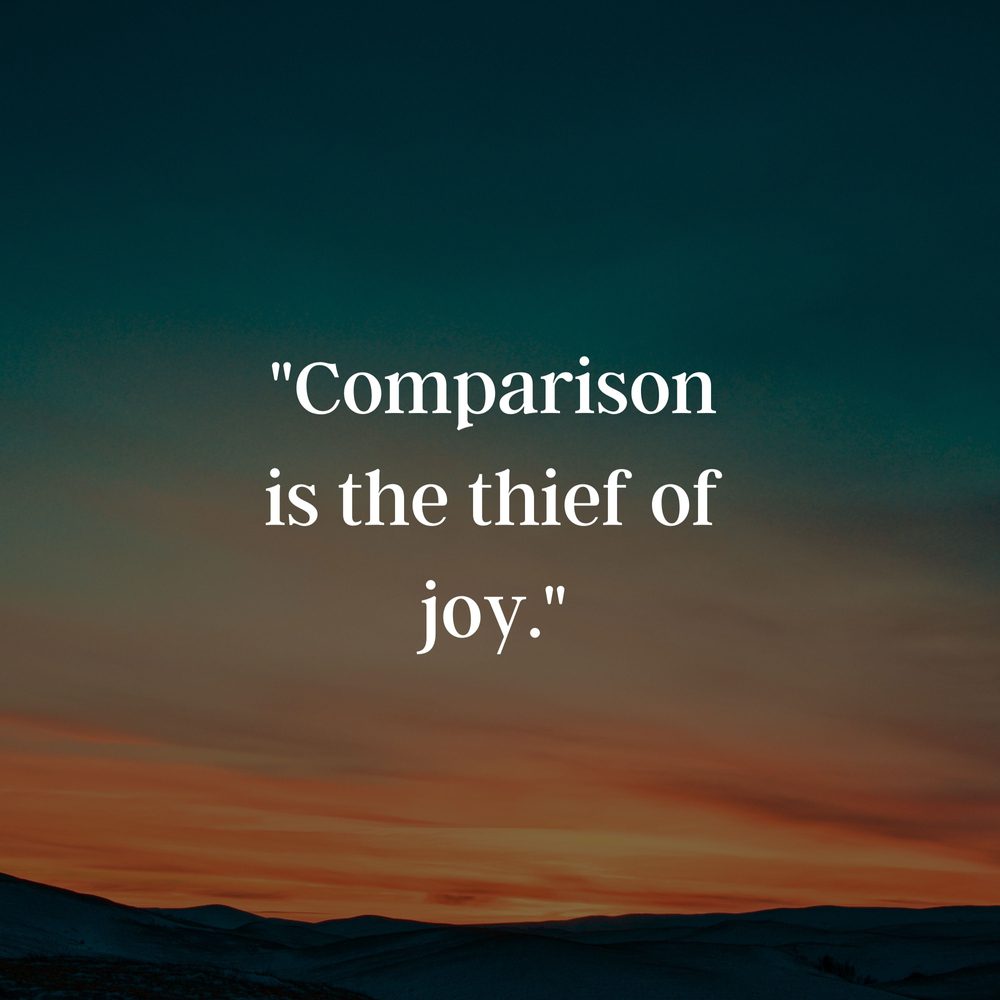
I can be surprised.
Alicia, Argentina
Yes, to continue with what Bill was saying—for example, going to the dentist, sitting in the chair, and having a terrible moment. Then you get another appointment, you worry two weeks beforehand, imagine all sorts of things, and you get there. This time it’s perfect. So, you ask yourself, “Why did this happen?”
And in another way, my father-in-law always said only the very best is good enough. And I thought he had high expectations. But I believe he meant expectations about oneself. And that it is a day-to-day business, and you will never get there. I’m hoping for the best, shall we say. But I must work for it. I cannot expect it from another person.
Lucille, New York
Without having an expectation, I can be surprised.
I expect things even when I think I’m not.
Paulette, New York
I was choosing breakfast this morning. I thought I would somehow be healthy if I ate healthy foods. It’s like a bargain. I sacrifice and eat what I would rather not have because I will benefit from that. People say it all the time: I did all the right things, I exercised, I ate right, and I still had a heart attack, or I still got MS or cancer.
I realized there are many times when I lay expectations on life. I expect things from others, even when I think I’m not. But then, when they disappointed me, I realized there was an expectation, and I placed an undue burden on them. Why should they have to live up to my expectation? So, it’s helpful to listen to all these perspectives.
Sandra, DC
It’s interesting what you said: I did everything right, and this happened anyway. But imagine if you did all the wrong things because you couldn’t care less. After all, you didn’t expect it to help you whatsoever. And then you get cancer or a heart attack, thinking, “Oh, I know why. It’s because I did this.” Or people will look at you and say, “No wonder. This person was like a walking heart attack.” So, in a way, I think you still must put some faith in it and try, even if it doesn’t always pan out.
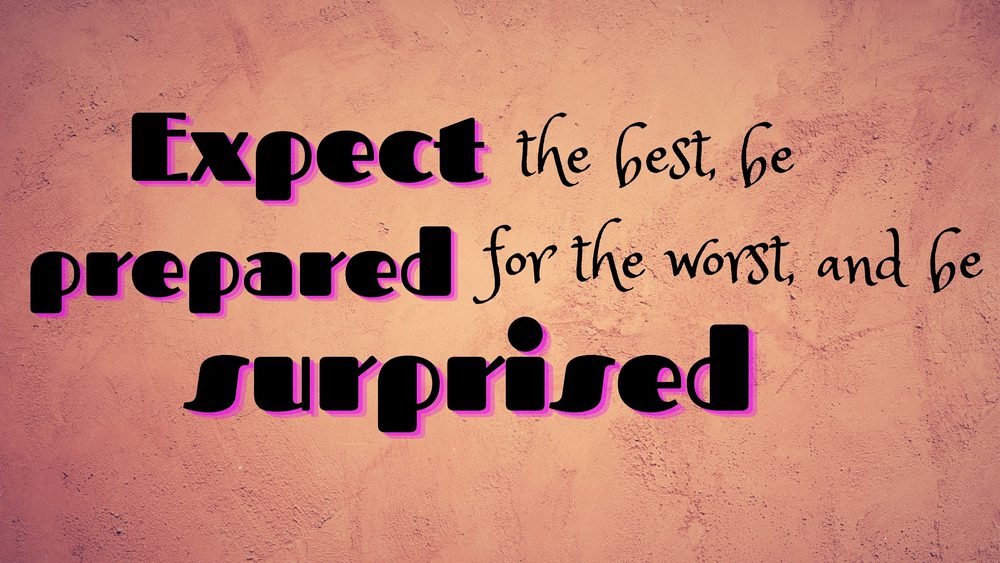
Personal Expectations
Sonia, Argentina
There are many kinds of expectations. In a team, you want to achieve a goal. Let’s say zero accidents during the year. So, you set rules and procedures, and if you cannot reach the goal of zero accidents, you learn and revise. What went wrong? What can be improved?
Sometimes when you have personal expectations, you miss possibilities because you’re so focused on what you expect to happen and miss the opportunity to learn.
Maria Renee, Bolivia
I heard, “Expect the best, but prepare for the worst.” Some friends talked about a mutual friend, and one said, “Ah, she helped me. She told me to see the potential of the person. Oh yes, he’s like this, but see the potential.” I realized she expects the best of the person; she sees the potential in every person. And she can apply it.
And sometimes, with ourselves, we go to the self-fulfilling prophecy. “Oh, I know. I will never get it. Oh, it’s impossible.” But “expect the best, prepare for the worst,” and something might happen in the middle. Maybe we can go to “expect the best and see the potential in others.”
Maria Marcella, Colombia
I think everything that exists always begins in the mind. It is a thought, and thoughts are energy. And wherever energy goes, matter manifests. So, I think expectation creates new possibilities. We need to bear in mind to have good expectations.
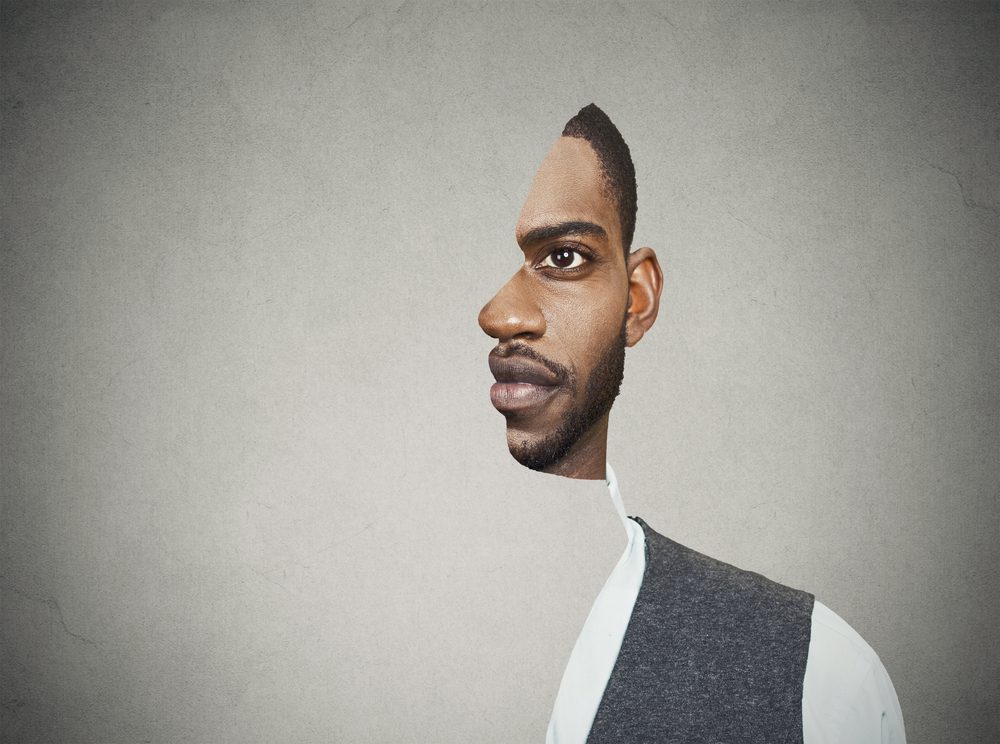
“We need to allow our dreams to help us outgrow the tight-fitting shoes of expectations.”
Arun, Copenhagen
I am feeling charmed by some of the languages. I love Steve’s expression, “Comparison is the thief of joy.” And the quote, “We need to allow our dreams to help us outgrow the tight-fitting shoes of expectations.” That’s a beautiful image because sometimes, expectations do limit. We think they don’t. We have a bunch of words here that are very closely related. There is anticipation, expectation, belief, faith, hope, and one or two others mentioned. How do we separate them all? Because all of them can hinder, or they can aid our thoughts. I’m getting more confused as we go along.
Maria Marcella, Colombia
I think faith is a certainty. Hope implies that I will wait for something in the future. But faith is to be sure, I know.
Jeri, California
I agree with Arun that I’m getting more confused as we discuss expectations. Expectations imply a definite desired outcome, whether for me or someone else. And it limits possibilities I don’t imagine in my thought process. I will never exceed them if I only aim for the expectation. So, I don’t know if there’s anything good about expectations, hope, faith, wishing, or aiming to be the best you can be. But expecting an outcome is to lose awareness of what might happen. We’re already so limited in our perception that expectations might limit us more.
Social interaction
Jean, Brazil
Can I say something positive about expectations? I agree with what everybody’s saying, but we must understand that expecting how the other will respond is part of our social interaction. From social psychology, we are in constant interaction with the world. It is a fact that you respond to what you expect. For me, expectations are part of our social life. Expectations are part of us, from babies smiling to growing up and learning how to respond. So, the real issue is to take consciousness, if you can, of your expectations, allowing you to open to possibilities.
Can we suspend our expectations?
Libbie, Ohio
So, can we suspend expectations based on what Jean and Maria Renee said? Yes, we recognize the expectation is there. And it’s very much a part of our way of being.
I often feel disappointed when I attach to a particular outcome, expecting how this will happen. Suppose I give someone a gift, and the response is very different than what I expect? I feel disappointed, maybe even rejected. There’s something wrong, not with the gift or the receiving; the error is I didn’t value the offering. I valued the response I would receive for this “incredible gift.” That was more important than giving a gift unconditionally. I can suspend my expectation and hold the awareness of it while I work at unconditional giving. It is a process.
Lucille, New York
I genuinely have no expectations. I also love the idea of serendipity, “Wow, I never even thought that could happen!”
Based on my childhood, I learned early in life not to think about what I want.
Steve, St. Louis
I think Libbie hit onto an essential thing about being attached to the expectation. When scientists experiment, they have certain expectations for that experiment. If it doesn’t go the way expected, and they deny that, then the investigation is wrong. But if they can accept the reality of what’s happened and see it without hoping it was different, they will be better scientists. Maybe we can be better scientists in our own lives by having expectations, realizing what they are, but accepting whatever happens as what happens.
Awareness
Bill, California
I’m rife with expectations. I think expectations do a lot of damage. And I think one of the big ones is expecting stuff from our children. We expect them to develop and behave in a certain way and take specific paths even though we know the damage that does. So, it’s not a matter of not having expectations, that would be nice if I were so egoless, but the truth is I do.
What do I expect from each of you? If I can identify that, I can free myself and everybody else of my expectations. They’re going to come back but identifying them is crucial. I think that’s what Jean was saying to us, recognize the expectation. What am I expecting from my children? And then I can stop and let them manifest beauty in their way.
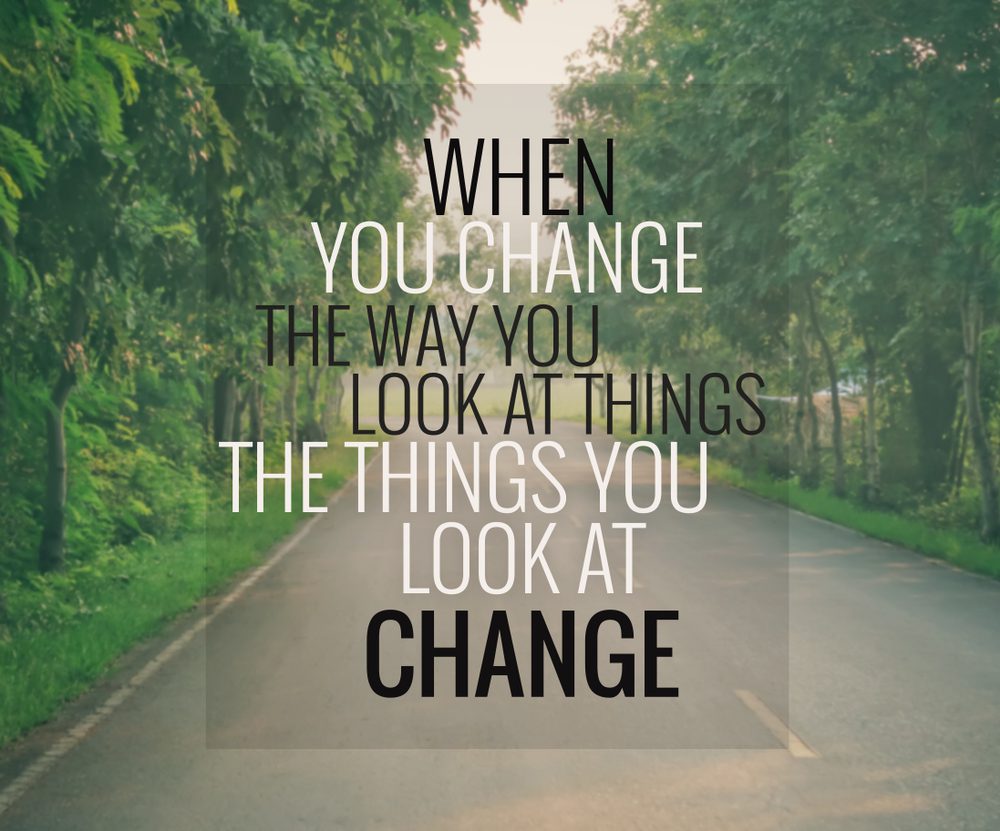
Brian, Costa Rica
How do we react when things don’t go our way? I think we can identify our disappointment by our reaction to expectations. From the food we eat, our children, life in general, and the weather as we walk out the door. How do we react? Because every day we have curveballs thrown at us. Whenever there’s difficulty or suffering, I must look at my response. Why am I so disappointed if it’s a cloudy day? What’s happening here? I can make it a better possibility by understanding those things through difficulty and suffering. I can become more in tune and understand myself through those possibilities.
Jeanne, California ,
I find I have expectations when others are talking. So many judgments and I stop listening. I think it has happened many times.
Lucille, New York
Yes, I think that expectation is often, “I know this is what’s going to happen.” “I know,” even when you know nothing.
The desire for the world to be predictable
Bill, California
Could the expectations arise from a desire for the world to be predictable?
Jean, Brazil
I think it does. It arrives from the need for social interaction. That’s why people share culture-specific meanings, symbols, and ways of interacting. I think the problem is we go way beyond that or become the ones who want the world to be very predictable. And that has to do with our desires.
Much of what we want life to give us is complicated. I’m not married, but I know one of the explanations one has to control is expectations about your spouse. I think that’s a big conundrum for a lot of couples.

Maria Renee, Bolivia
On one side, you see a person who was prepared for something but doesn’t act, out of fear of failure, then say, “You can do it.” But there’s this thinking, “You just have to wish it, and it will become true.” And if it doesn’t happen, it’s because you didn’t wish enough.
A singing teacher said, “Many people say ‘I love opera. I want to be an opera singer.’ Okay, yes, but your vocal range is very short. So, if you love opera, buy opera music, and be happy.” We were not all born to be opera singers we need to be careful with that.
Jeri, California
Bill’s question. “Is expectation built on our desire for our world to be predictable?” It made me think; perhaps, it’s out of an unconscious desire to control the outcome. Having an expectation means I can predict the outcome and that my world is in my control of what will happen.
Lucille, New York
I think that’s very on. Yes. About control.
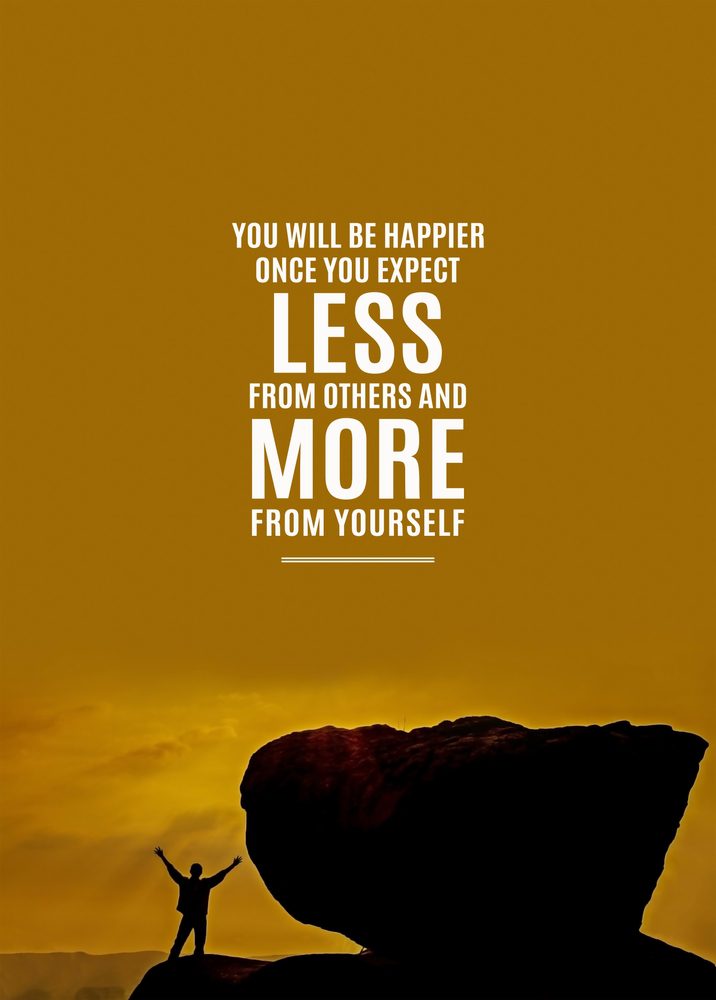
The Behavior of Others
Ana, West Virginia
Years ago, I lived with my daughter when she was in college. I thought, “Oh, this is going to be fun. We’re going to be roommates.” I soon figured out she was living like a guest in a hotel. I expected she would stay and have a conversation and share moments. She would come in, say “Hi.” eat, change clothes, and go out again. I got upset with her and asked, “What do you think this is? A hotel?” Now I realize, that was my expectation, not hers. I wanted it because she was my daughter, and I didn’t know I still wanted control.
Sonia, Argentina
I agree with Ana and Jeri: When you base expectations on somebody else’s behavior, you want to control that.
Carolyn. Toronto
A lot happens in this situation of expectation and control. For example, I phone a friend I haven’t spoken to for a while, and the conversation doesn’t go well. I realize I need to have something to talk about that will appeal to the other person. If I can do that, we can have a very happy exchange. When I have an expectation of this kind, I need to do something ahead of time.
Irene, Texas
I am a little confused about expectation and hope because, in my mind, they are together. I try to be positive 99% of the time. It is a red flag when something doesn’t happen the way I want. I was controlling. Awareness helps me see my expectations at that moment.
I think expectations for loved ones are difficult. In my mind, I want the best for them. Even though it is not what they want, I think it is the best. That’s why I try to be positive between expectations and hope.
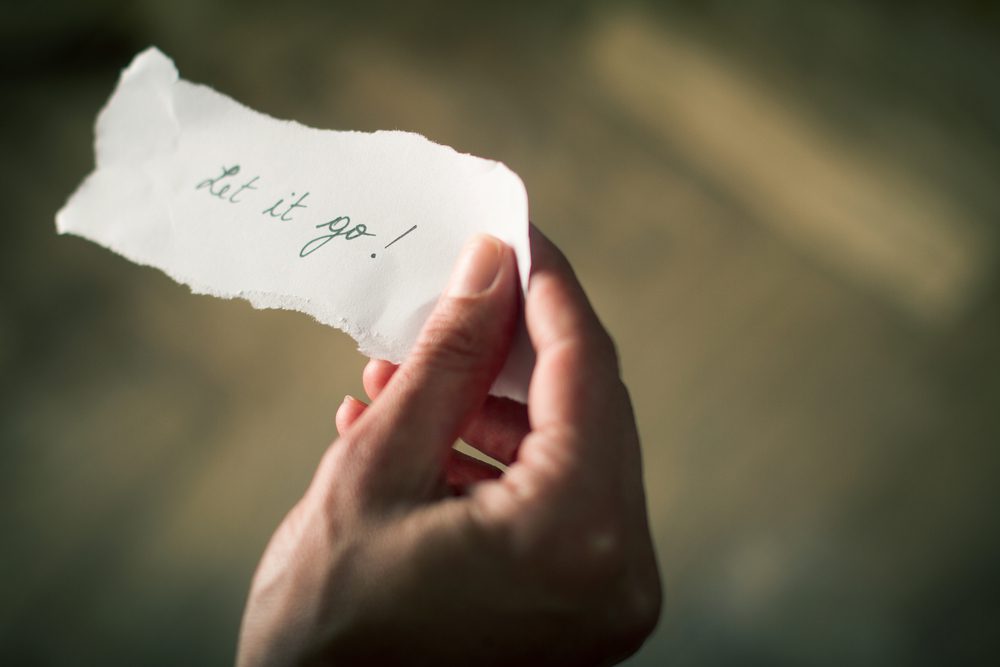
Open to the moment
Paulette, NY
Thinking about what Bill said about expectations for children. I have strong feelings about the life choices of two close people and believe parents should let kids make choices for themselves. So, though it was none of my business what they chose for their life, I realized it affected my relationship. Especially with one of them. I made jokes, and it took me many years to realize they were mean jokes harmful to the relationship and the person. Those expectations I held still bring me grief today. I wish that person had made different choices. But again, it’s none of my business.
People must live their own lives, and I acknowledge the feelings I have, and I probably will always have them, but it’s not the same now. I recognize that just as I expect people to give me freedom of choice in my life, I need to do that for others. And I think it can be a very freeing experience for the relationship.
Arun, Copenhagen
The fewer expectations we have, the more appreciation we have for something. Maybe that’s also an enabler of serendipity.
Sandra, DC
Perhaps it’s best to have fewer expectations of others and more of myself.
Lucille, NY
Having no expectations can leave the doors open to adventures.
Maria Marcella, Colombia
Yes, but if I want to build a house, I must imagine the house. I can make changes and be open to serendipity situations.
We need both.
We must have expectations and be open to letting them go easily without suffering.
About the Author(s)
Libbie is a graduate of Ohio State University where her degree has proven a flexible base for writing, teaching, and exploring life. She facilitates the weekly Sunday eDialogue.





